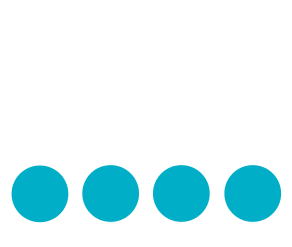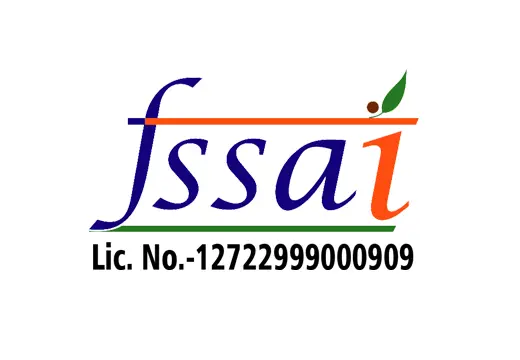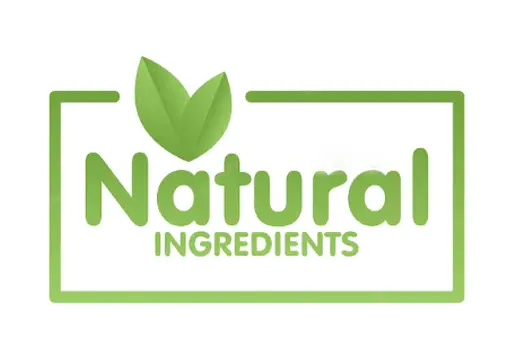Folate Background & Benefits
Folate is the chemical group of B vitamins. Folate, also known as vitamin B9, is an essential nutrient (not synthesised by the body) required for tissue growth and cell function.
Adequate dietary folate intake is necessary for optimal health. Dietary sources include green leafy vegetables, legumes, grains, dairy products, meat, poultry and seafood.
Folate is similar to, but different from, folic acid. Folic acid is synthetic. The vast majority of supplements contain synthetic folic acid and not folate.
Chemically, folate is a mixture of reduced polyglutamates (with multiple glutamate tails attached), while folic acid is an oxidised monoglutamate form (conjugated with a glutamate residue).
Folic acid metabolism is closely linked to that of the amino acid methionine. Low folate levels lead to the conversion of methionine to homocysteine, which in turn is associated with an increased risk of cardiovascular disease and dementia. Taking a folate supplement along with vitamins B6 and B12 can significantly slow the brain shrinkage (atrophy) that occurs with age. This is due to the homocysteine-lowering effect of folate.
Through the methionine cycle, folate also serves as a primary carbon donor for DNA methylation, one of the basic epigenetic mechanisms that modulate gene expression independent of DNA sequence. So the right amount of folate is essential to keep your cells' DNA in good shape!
Folate also plays a role in cell growth and replication. Folate deficiency adversely affects tissues with high cell turnover, such as the bone marrow and gastrointestinal tract. Low folate levels are also a risk factor for the development of hypertension.
Folate is best known for its role in foetal development, and folate deficiency during pregnancy is associated with foetal malformations. However, it is clear that optimal folate levels are beneficial throughout life; it is associated with protection against diseases of ageing such as stroke, cardiovascular disease, osteoporosis, and age-related cognitive decline.
Uses of Folate
The best-known use of folate is to support healthy pregnancy and breastfeeding.Folate deficiency in severe cases, a condition known as megalobastic anemia may develop.
Folate/folic acid/other folate supplementation is recommended for people who suffer from mild to moderate mood disorders, and folate is often recommended as part of a supplementation program to support healthy brain ageing.
Signs of a folate need
Common signs of folate deficiency include physical weakness, heart palpitations, headaches, shortness of breath and a sore tongue. Psychological signs that you may need folic acid supplements include behavioural problems and irritability. Adults with advanced folic acid deficiency may have megaloblastic and macrocytic anaemia.Women of childbearing age should be careful with folic acid deficiency. Birth defects may be a result of folic acid deficiency during pregnancy.






